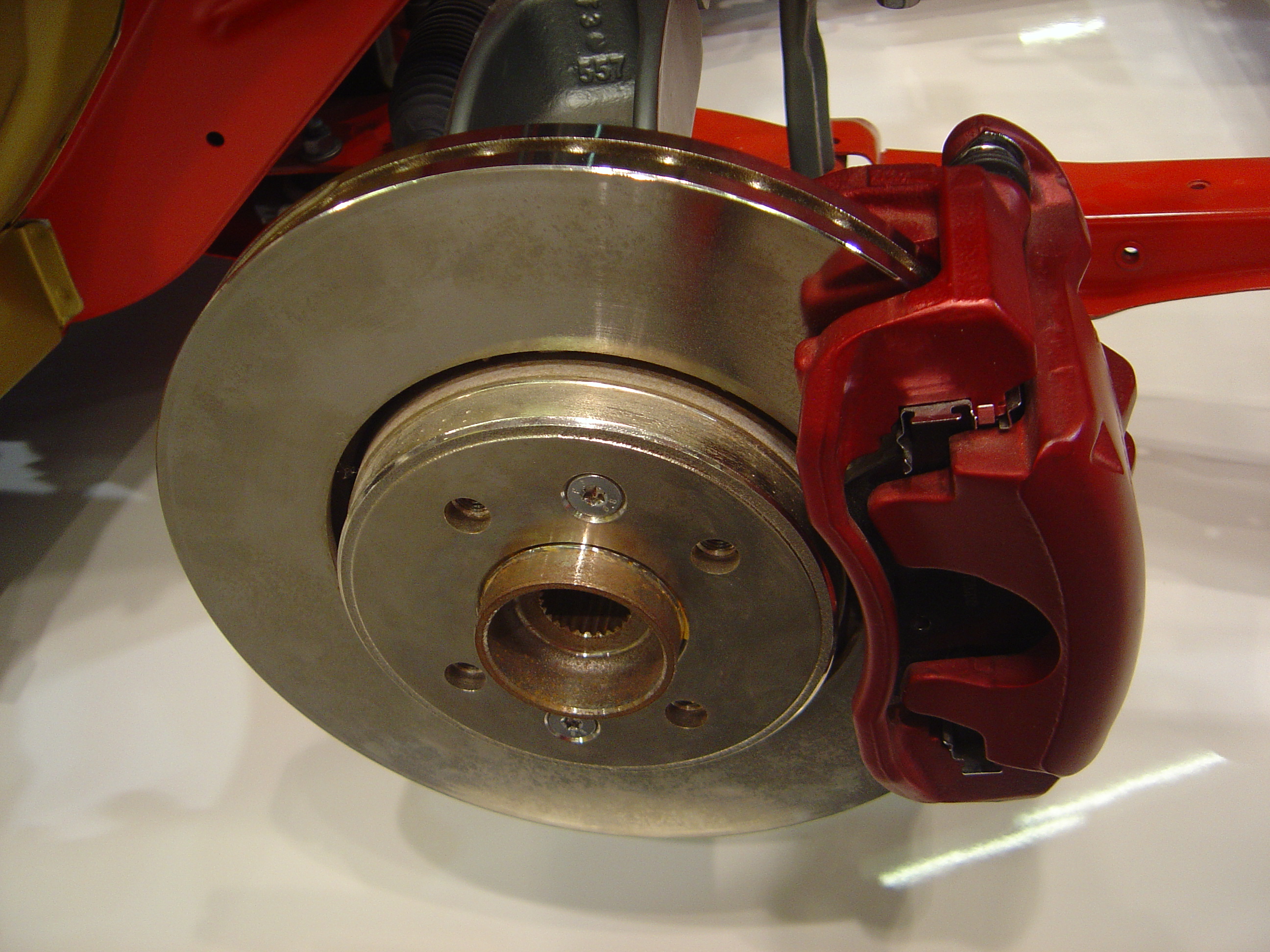Understanding the possible causes of the sounds your brakes make is the first step in helping you identify a problem.
Efficient brakes are a necessity when it comes to safety, and for this reason it is very important to bring your vehicle to your trusted mechanic at the first sign of a problem. Brakes that are functioning at less than optimal performance can cause extended damage to your vehicle, or even cause your vehicle to have an extended stopping distance resulting in an accident. Understanding how the system works, and how best to describe the problem to your mechanic is the first step.
So what’s going on in there? We are going to talk about two key components in the braking system. The first component is the brake pads themselves. These are flat discs made of semi-metallic, organic, or ceramic materials, with each type having certain pros and cons depending on your preferences and driving conditions. While the cost of each type varies, they are all relatively inexpensive as far as automobile maintenance goes, and all need to be replaced regularly – typically between 20,000 and 50,000 miles. Discuss your options with your mechanic to choose which is right for you. The second component is the brake rotors, which the pads rest against. When your brake pads wear down to the backing plate they can grind against the rotors, causing damage to the rotors. This is a more expensive repair, and can usually be avoided with proper brake pad replacement.
Now that you know how the system works, how do you deterine what’s wrong? Here is where the “brake noise” comes in to play. The specific sound your brakes make are the first signal to what’s going on and can be broken down into a few categories.
- Squeaking
If light pressure is applied to the brake and a sqeaking sound is heard, this can be caused by cheap brake pads, especially if the sound goes away after a short time, only to return again some time later.
- Squealing
If the sound you are hearing is a mostly constant squeal while driving, but disappears when the brake is applied, this is most likely the metal indicator tab on the brake pad warning you that the brake is worn and needs to be replaced.
- Grinding
A grinding noise is a serious cause for concern, as it most likely means the brake pad has completely deteriorated and damage is being done to the rotor. It is critical to visit your mechanic if this occurs.
- Scraping
Occasionally, road debris may become lodged in the brake system producing a scraping sound.
Brake noises can sometimes be difficult to describe, and if you aren’t sure how to describe them, that’s ok! If you have an idea which of these is the problem, it may help your mechanic narrow the problem down, but it any case, they will need to take a look at your vehicle to determine what’s going on. Just be sure to address the problem as soon as you hear ANY noise, or if something else seems wrong with the brake system, so you can rest easy knowing your brakes are in good working order when you need them most.

